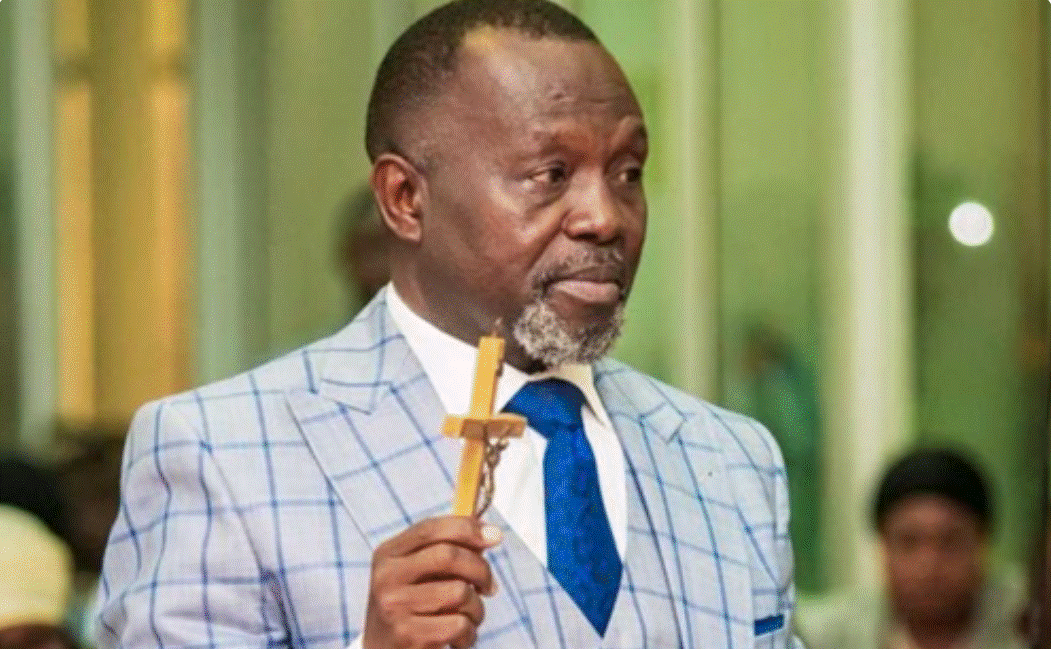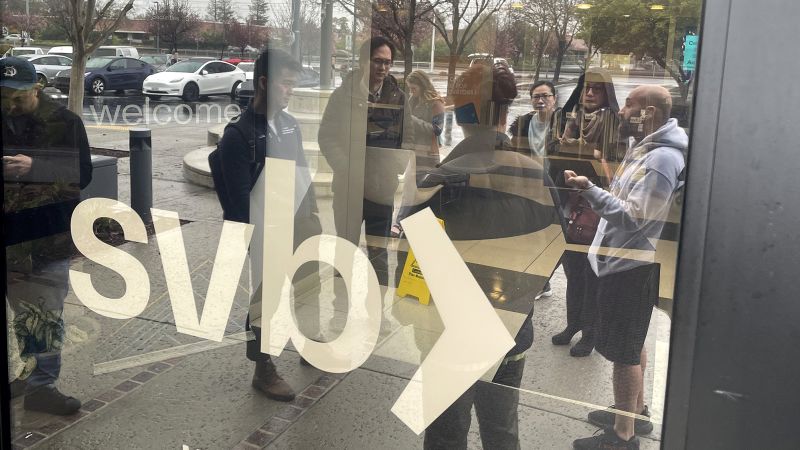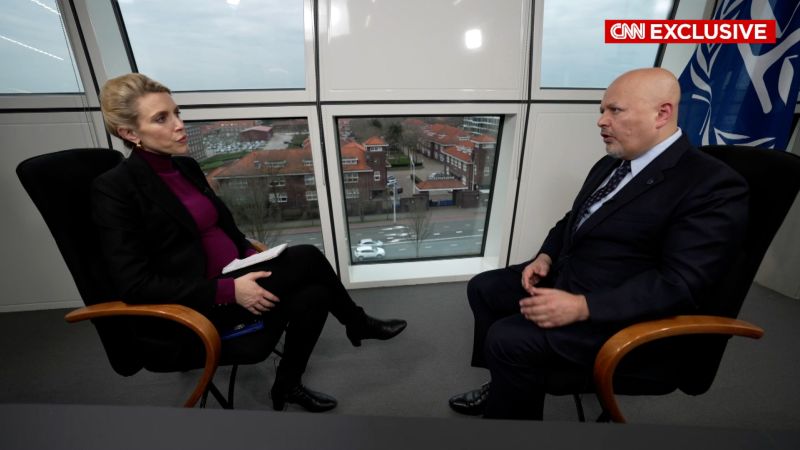Less than 3% of international aid to slash carbon emissions is supporting a “just transition” for workers and communities away from polluting industries, according to a new report.
Released one week before the start of major United Nations climate negotiations in Belém, Brazil, the analysis from the climate and development non-profit ActionAid warns that the world’s response to the climate crisis risks deepening inequality rather than addressing it.
It also reveals a “hidden reason that we’ve not seen climate action at scale”, said Teresa Anderson, the organization’s global climate justice lead.
“People are apparently being forced to choose between a safe job and a secure job and a safe planet,” she said. “These projects aren’t doing nearly enough to reassure people that they don’t have to make that choice.”
The report authors analyzed publicly available information on every approved carbon mitigation-focused project being financed by the world’s two major multilateral climate funds: 178 from the UN-backed Green Climate Fund, and 466 from the Climate Investment Funds, which were established by the World Bank and regional development banks.
They then assessed the nearly 650 projects against a set of indicators, using a computer program that was then fact-checked by hand. Criteria included whether or not a project demonstrated meaningful participation from workers, women and affected communities; promoted systemic shifts away from fossil fuels and highly polluting industrial agriculture; incorporated plans for re-skilling or livelihood support; and addressed inequality.
“Basically, we tried to say, is this project genuinely just, in terms of its impact on workers, on women, communities, and then, does it genuinely help with a transition?” said Anderson.
Just one in 50 of the approved projects met the just-transition qualifications, the authors found – a “jaw-droppingly” low figure, they wrote.
Bert De Wel, global climate policy coordinator at the International Trade Union Confederation, who did not work on the report, said the data “confirms what workers and their unions are seeing in many places: climate finance is determined by the needs of the investors instead of the people affected by the emergency.”
“We’re surprised nevertheless that the amounts are so low,” he said. “It goes against all the good intentions and promises of the funders. It also goes against common sense, as we know that climate policies urgently need to connect much better with the needs of workers, their families and communities.”
When ActionAid considered the sums spent on each project, they found that only $1 of every $35 was spent on just transition-aligned projects. Those schemes received just $630m over more than a decade, which is less than the amount that the tech billionaire Jeff Bezos has shelled out for his superyacht, the report notes.
“Barely any climate finance is going to support workers and communities to undertake just transitions,” it says. “This is absurd.”
The lack of consideration for workers and communities poses not only ethical questions for climate action, but also practical ones, said Anderson. She recalled one program in Bangladesh, for which developers did not consult with stakeholders. The scheme encouraged Bangladeshi farmers to plant mango crops instead of methane-heavy rice. But it was designed with input from only landowning farmers, without consulting seasonal workers or the mostly women workers who made money by processing rice into local food items.
“The project didn’t map all the people that were directly or indirectly involved with those farming activities,” she said.
Had they consulted workers, the developers might have also realized that because mangoes only have one harvest a year – rice has three – the project would not be economically viable “before it turned out to be an economic disaster”, she added.
The forthcoming UN climate talks, said Anderson, will provide the opportunity to remedy these trends. This year, Brazilian officials have identified just-transition approaches as a priority for the negotiations, known this year as Cop30.
A banner demand from activists at the conference will be for negotiators to flesh out the details of the “just transition work programme”, which was launched at the 2022 Cop27 climate summit in Egypt, but on which progress has stalled.
At Cop30, civil society groups will demand countries agree to a new “Belém Action Mechanism” under the program to flesh out actionable, specific plans to boost finance for just transition-aligned projects. That would shift “justice from the margins to the heart of the climate agenda,” Anabella Rosemberg, senior advisor on just transition at the international climate nonprofit Climate Action Network, who called the new data “shocking.”
ActionAid is also calling for wealthy nations to commit trillions of dollars annually in grant-based climate finance for global south countries to smoothly and equitably phase out polluting sectors. And the group demanded the Green Climate Fund overhaul its principles to ensure projects focus more on labor and justice.
The Climate Investment Funds, on the other hand, should be “sunset”, the report says. While the Green Climate Fund is governed by nations who are party to the UN climate body and are therefore subject to democracy, the Climate Investment Funds are operated by the World Bank, which means they are largely controlled by the global north, said Anderson.
The Climate Investment Funds were designed with a “sunset clause”, stating they would be wound down when a “new global climate‑finance architecture” was operational.
“Given the Green Climate Fund has now been distributing money for nearly a decade, the Climate Investment Funds have long overstayed their welcome,” said Anderson.
Right now, international climate negotiators seem to see just transition-focused considerations as an “optional or nice-to-have” aspect of climate action, said Anderson.
“We’ll hear arguments like, we don’t have time, we don’t have money to spare, so let’s just cut to the chase and focus on carbon,” she said. “But really, shortcuts that leave justice out make the journey longer because they prevent people from getting onboard.”









 English (US)
English (US)